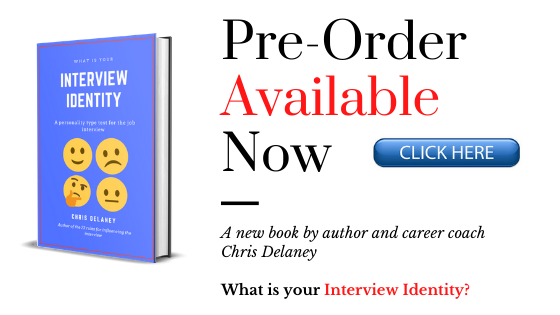In the recent government budget, we were told that small business will help get the UK out of the recession. The chancellor announced that there will a £45 billion increase in lending to small and medium size businesses, which could lead to 57,000 new jobs.
This is a great time for entrepreneurs with creative ideas and enterprising skills to enter their sector as self employed business person.
What are Enterprising Skills?
To be able to create and operate your own enterprise you will need the knowledge and ability to contribute to your enterprise or and employers enterprise.
Key Enterprising Skills Include:
- Formulating business plans
- Selling and marketing of products and services
- Identifying and obtaining resources
- Understanding your sector/marketplace needs and wants.
- Creating and advancing new services and products for the marketplace
A great technique created by Walt Disney to help you create and advance new ideas is the Disney Model (an NLP Technique) The Disney Model allows you to use your creativity, while at the same time ensuring you don’t miss any pitfalls.
How to Plan Out Your Ideas
This technique in NLP is called the Disney model, as Walt Disney used this model when creating and planning out his ideas for films and theme parks. It allows you look at your idea creatively (Dreamer) realistically (Realist) and critically (Critic)
This technique works really well if you do it physically by placing 3 A4 sheets, each one with a title written on each one; Dreamer, Realist and Critic and place these on the floor. Alternatively you can do this technique from your desk; again you will need the three labelled pieces of paper.
Step One – finding your inner resources as a Dreamer, Realist and Critic.
Step on to each of the A4 sheets one at a time; when you step onto the Dreamer piece of paper, close your eyes and think of a time when you have been highly creative, this maybe recently or even far back as your school days. Relive the experience and notice what your creative side felt like, how it felt to work to no rules allowing your imagination to work in its own speed.
Shake off – this helps you break state.
Next step onto the Realist sheet, think back to a time when you felt realistic about an idea, (if you can’t think of a specific time, imagine you are the type of person who can be highly realistic) re-live this experience as if you were that realistic person now, what makes you feel realistic, what do you say to yourself, how do you act and sound? Do you follow or devise a specific plan? What do you do when you feel realistic about an idea?
Shake off and break state
Finally step onto the Critic piece of paper, again close your eyes and remember back to a time when you were able to criticise an idea or project in a constructive way. Remember all the details of this past experience, how did you feel, how do you view ideas when your being positively critical? What do you say to yourself, how do you stand, what is different physically and mentally when you are being a critical person?
Step Two – Your Outcome
Think about your outcome, this could be a business idea, becoming a millionaire, creating the new Facebook – what is your outcome? Step onto the Dreamer piece of paper remembering all the emotions and energy from your re-lived experience.
Visualise yourself completing this outcome, imagine you’re a character in a film or a dream, anything can happen, let your imagination open up and see all the different and varied ways you can achieve your outcome. Feel yourself achieving your outcome.
Next step onto the Realist piece of paper, see yourself as all the other characters in the film or dream, look at your outcome from their eyes and their experiences. Follow this by looking at your process for achieving your outcome as a story board. How realistic is this idea?
Finally, step onto the third piece of paper, the Critic. Look at your outcome from a critic’s point of view, what is wrong? What doesn’t work? What would your inner critic say? Turn all your criticisms into questions for your dreamer.
Now you have used your creative dreamer side, checked how realistic this outcome is and have come up with several good critical questions. Step back onto the Dreamer sheet for your creative side to come up with solutions – walk through all three sheets and continue to use the cycle until you have an imaginative and realistic idea that will work, as you have been your own critic and found and solved any possible obstacles.
Summary
Some entrepreneurs have lots of creative skills, others are realistic while some can be critical – all these personalities have positives from a business sense, the Disney Model helps you to access each one of these characteristics for your business model to ensure your projects have been observed at all angles.
The technique allows you to access your Dreamer, Realistic and Critic state to be used to look at project overviews and individual details. If you are new to NLP this technique once read may seem a little strange (standing on A4 pieces of paper) and I would add once done, many entrepreneurs and business people feel the benefit of having the opportunity to look at all the angles of their business idea.
If you enjoyed reading this article you will also enjoy reading:


